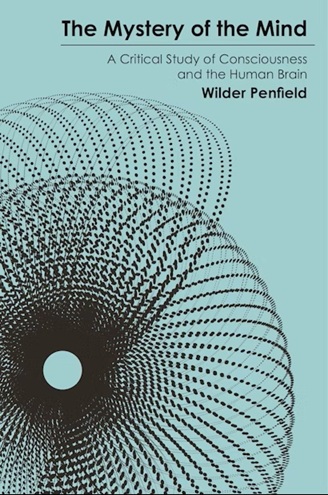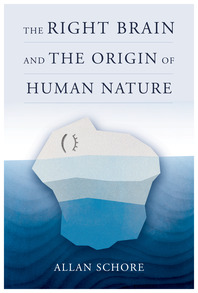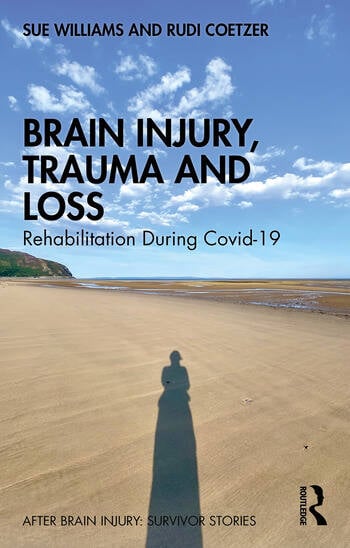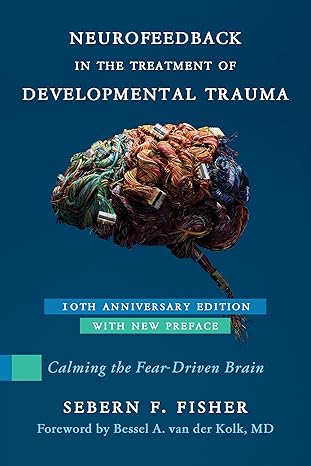Did My Neurons Make Me Do It?: Philosophical and Neurobiological Perspectives on Moral Responsibility and Free Will
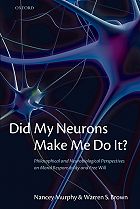
Book Details
- Publisher : Oxford University Press
- Published : 2009
- Cover : Paperback
- Pages : 352
- Category :
Neuroscience - Catalogue No : 28652
- ISBN 13 : 9780199568239
- ISBN 10 : 0199568235
There are currently no reviews
Be the first to review
If humans are purely physical, and if it is the brain that does the work formerly assigned to the mind or soul, then how can it fail to be the case that all of our thoughts and actions are determined by the laws of neurobiology? If this is the case, then free will, moral responsibility, and, indeed, reason itself would appear to be in jeopardy. Nancey Murphy and Warren S. Brown here defend a non-reductive version of physicalism whereby humans are (sometimes) the authors of their own thoughts and actions. "Did My Neurons Make Me Do It?" brings together insights from both philosophy and the cognitive neurosciences to defeat neurobiological reductionism. One resource is a post-Cartesian account of mind as essentially embodied and constituted by action-feedback-evaluation-action loops in the environment, and scaffolded by cultural resources. Another is a non-mysterious account of downward (mental) causation explained in terms of a complex, higher-order system exercising constraints on lower-level causal processes. These resources are intrinsically related: the embeddedness of brain events in action-feedback loops is the key to their mentality, and those broader systems have causal effects on the brain itself. With these resources Murphy and Brown take on two problems in philosophy of mind: a response to the charges that physicalists cannot account for the meaningfulness of language nor the causal efficacy of the mental qua mental. Solutions to these problems are a prerequisite to addressing the central problem of the book: how can biological organisms be free and morally responsible? The authors argue that the free-will problem is badly framed if it is put in terms of neurobiological determinism; the real issue is neurobiological reductionism. If it is indeed possible to make sense of the notion of downward causation, then the relevant question is whether humans exert downward causation over some of their own parts and processes. If all organisms do this to some extent, what needs to be added to this animalian flexibility to constitute free and responsible action?The keys are sophisticated language and hierarchically ordered cognitive processes allowing (mature) humans to evaluate their own actions, motives, goals, and rational and moral principles.
Customer Reviews
Our customers have not yet reviewed this title. Be the first add your own review for this title.
You may also like
The Mystery of the Mind: A Critical Study of Consciousness and the Human Brain
Wilder Penfield
Price £25.00
Neurofeedback in the Treatment of Developmental Trauma: Calming the Fear-Driven...
Sebern F. Fisher
Price £37.99




